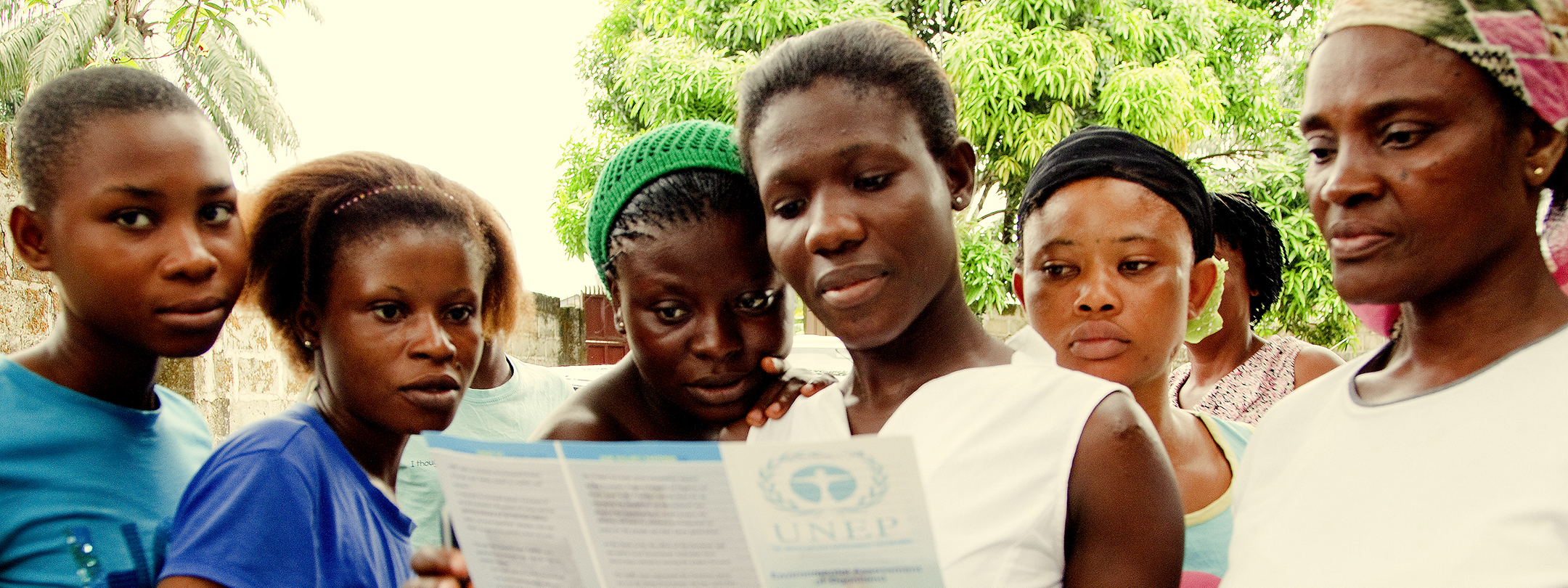Pcia Theory in Field Practice: World Vision's Pursuit of Peace Impact and Programming Quality Across Sectors
Publisher: Journal of Peacebuilding & Development
Author(s): Valarie V Kamatsiko
Date: 2014
Topics: Assessment, Conflict Prevention, Monitoring and Evaluation, Programming
Countries: Kenya, Rwanda, South Sudan, Uganda
This article provides a critical reflection of World Vision’s field practice with Peace and Conflict Impact Assessment (PCIA) related frameworks drawing from experiences in Kenya, Rwanda, South Sudan and Uganda. It particularly discusses the value-added of PCIA and its contribution to programming quality. The article examines the uptake of PCIA findings to inform design, monitoring and evaluation, highlighting the importance of ‘influencing’ as an approach as well as the ‘integrative power’ of relationship and relationship-building. The article examines important challenges associated with the application of the conventional logical framework. It also discusses promising practices that derive from PCIA, including being informed by complex adaptive systems theories and the importance of community participation and engagement in PCIA processes. It concludes with a discussion of implications for effective PCIA micro- (project) and meso- (programme) level usability. The article suggests that minimum standards for PCIA processes, methodology and content are needed. It makes clear that ‘influencing’ and ‘relationship-building’ are core competencies for PCIA practice. It concludes that effective peacebuilding results are achieved when PCIA is internalised by practitioners as a worldview rather than simply deployed as a tool.
